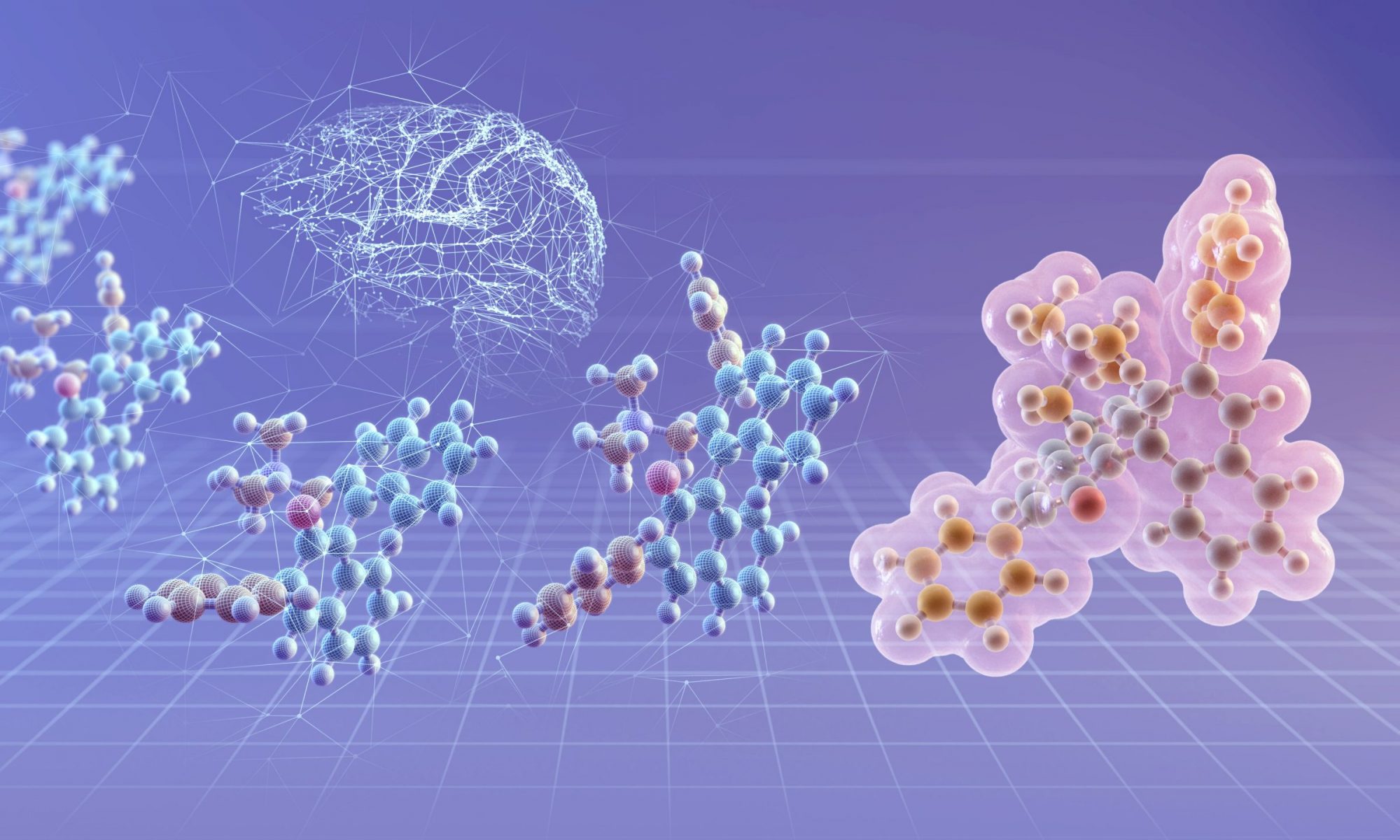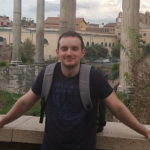PhD Students
Halogen-bond-based organocatalysis
Nika was born in Ukraine in 1999. She earned her Bachelor of Science degree in Chemical Sciences with a focus on Medicinal Chemistry from Technological University Dublin (TUD), where she conducted her thesis on the computational analysis of antimalarials containing an endoperoxide bond under the supervision of Dr. Sarah Rawe and Dr. Cristina Trujillo. Her thesis sparked an interest in computational chemistry, and she is currently pursuing her PhD under the supervision of Dr. Cristina Trujillo at Trinity College Dublin, focusing on the catalysis of organic reactions through non-covalent interactions.
Phase-Transfer Catalysis
Diana is a Romanian born in Dublin in 2000. She graduated from Trinity College Dublin with an Honours Bachelor’s Degree in Chemical Sciences, Chemistry with Molecular Modelling (moderatorship). She completed her thesis, “Theoretical Study of Phase Transfer Catalysts for Asymmetric Conjugate Cyanation of N-acylpyrroles”, under the supervision of Dr. Trujillo in the Trinity Biomedical Sciences Institute (TBSI). She is currently doing her PhD under the supervision of Dr. Trujillo, focused on the theoretical development of Phase Transfer Catalysts (PTC) for organic reactions.
Machine learning to predict enantioselectivity
In 2023, Tim obtained his M.Sc. in chemistry from the University of Leipzig. He spent time in several experimental and theoretical research laboratories in the USA, UK, and Spain during his studies. Most recently, he worked on his final project at the Institute of Chemical Research of Catalonia (ICIQ) in Tarragona, under the supervision of Prof. Núria López. There, he developed new machine learning models for predicting adsorption energies on metal surfaces. Currently, his work will be focused on applying machine learning to predict the enantioselectivity of organocatalysts. Tim is looking forward to contributing to the field with his research efforts (generated with the help of AI…).
Transition-metal-free coupling reactions
I grew up in Singapore and obtained an MSci in Chemistry from University College London. Under the supervision of Prof Tom Sheppard and Dr Sahra St John-Campbell, my Master’s project focused on the synthesis and reactivity of palladacyclic intermediates in C–H functionalisation reactions. I joined the iCAT CDT in September 2022 and completed rotation projects in the Micklefield and James groups. My current research, co-supervised by Dr Michael James and Dr Cristina Trujillo, is focused on developing new transition-metal-free coupling reactions. Outside the lab, I enjoy playing chess and listening to classical music.
Chalcogen-bond-based organocatalysis
James was born in Dublin in 2001. He graduated from Trinity College Dublin with an Honours Bachelor’s Degree in Chemical Sciences, Medicinal Chemistry (Moderatorship). In his 3rd year, he undertook an RSC-funded internship in the Trujillo research group investigating halogen-bond-based organocatalysis. This sparked his interest in computational chemistry, and he is now undergoing his PhD under the supervision of Dr. Cristina Trujillo, focused on chalcogen-bond-based organocatalysis at the University of Manchester.

Mauno Lius
Boron-containing molecules
Mauno obtained his MSc in Medicinal Chemistry from Cardiff University in 2022, which culminated in a final project involving the organic synthesis of naphthofuranyl oxadiazole-containing molecules for potential use as novel antibiotics under the supervision of Michaela Serpi. After a one-year break, he is now in Manchester pursuing a PhD project titled “Developing and Applying New Computational Methods to Improve the Understanding of the Reactivity and Properties of Boron-containing Molecules” under the supervision of Andrew Leach, Cristina Trujillo, and Jonathan Skelton. The project is also closely associated with the multi-institutional collaborative EPSRC grant “Boron: Beyond the Reagent”, where his focus is currently more tailored towards developing boron-based computational methodology with applications in medicinal and materials chemistry.
Reaction mechanism automation
Julia is originally from the seaside region of Poland. She completed her MChem degree at Newcastle University, where she became a member of the Penfold group. During her time there, she conducted research utilising machine learning to enhance the analysis of X-ray spectroscopic data for a summer project, and investigated the excited states of dicarbon for her final year project. In 2022, Julia was also awarded the RSC research bursary to synthesise fluorescent phosphine ligands under the supervision of Lee J. Higham. Her current research focuses on the automation of quantum chemical reaction mechanisms.
Developing 'Theoceptor' models for CYP450
Nikeel was born on the small tropical island of Mauritius. He graduated from Imperial College London with an MSc in Applied Biosciences and Biotechnology. His final-year project involved exploring the structure of two C-type lectins, Dectin-2 and BDCA-2, which play an important role in immune response signalling triggered by glycans expressed on pathogens. Transitioning from the field of Biology to Computational Chemistry. He began his PhD in October at the University of Manchester as part of the MRC DTP CASE programme. His research, supervised by Dr. Andrew Leach, Dr. Cristina Trujillo, and Dr. Sam De Visser, is focused on developing computational ‘Theoceptor’ models for cytochrome P450s—a family of enzymes responsible for metabolising around 80% of clinical drugs.
Nilhanjan Bhaduri
Nilhanjan joined the group in October 2024.
Data-driven Catalyst Design: Integrating Quantum Chemistry and Machine Learning
Christian earned both his BSc and MSc in Physics at the University of Insubria, Italy. In his master’s thesis he applied machine learning to an astrophysical problem, producing predictions for a class of active galactic nuclei (AGN) that are useful for studying the physical mechanisms driving the emission of their jets. After some years working as a data scientist in industry, he began his PhD at the University of Manchester in October 2025 under the supervision of Dr. Cristina Trujillo. His doctoral project, “Data-driven Catalyst Design: Integrating Quantum Chemistry and Machine Learning”, aims to combine quantum chemistry, machine learning and high-throughput experimentation to develop a data-driven framework that accelerates the identification and optimisation of catalysts.









